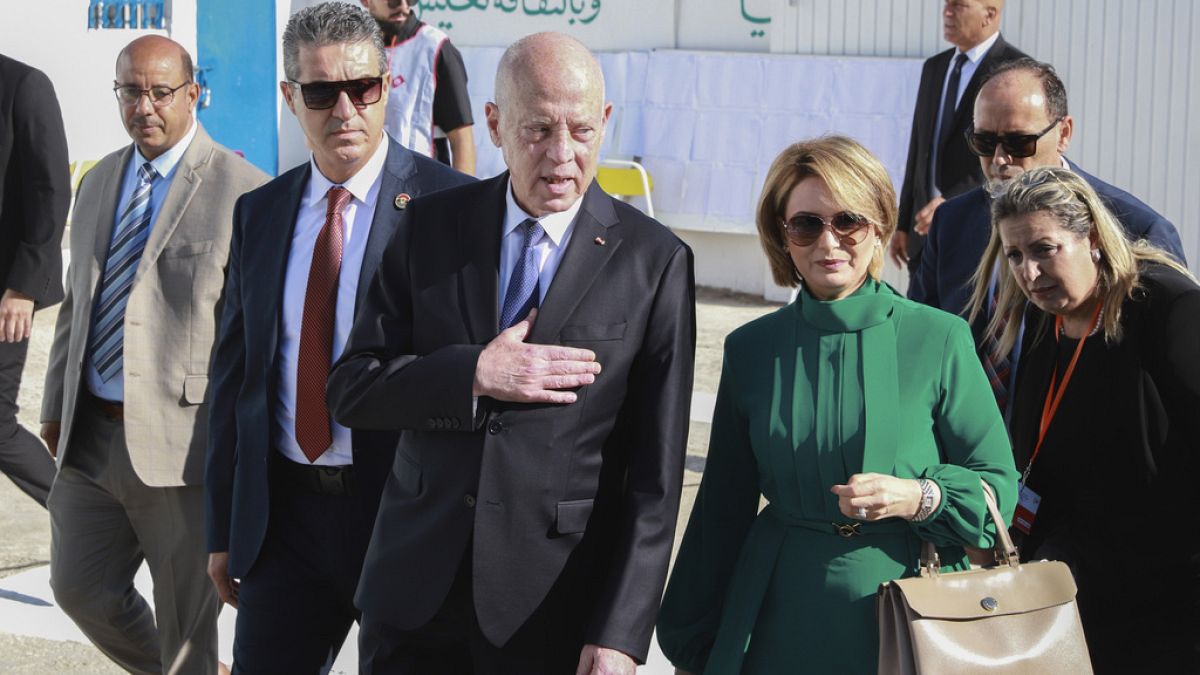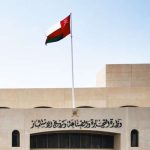Tunisian President Kais Saied is facing few obstacles to win re-election on Sunday’s presidential election, with his major opponents imprisoned or left off the ballot. The election is the third since the ouster of President Zine El Abidine Ben Ali during the Arab Spring uprisings. Initially hailed as a success story, Tunisia’s democracy has been marred by economic struggles, political infighting, and terrorism. Saied, a political outsider, won his first term in 2019 and has since consolidated power through controversial actions, including declaring a state of emergency and rewriting the constitution.
Saied’s main opponents in the upcoming election include Zouhair Maghzaoui and Ayachi Zammel, with several others prevented from running through dismissals by the election authority. Many well-known opposition figures, including Rached Ghannouchi and Abir Moussi, have been imprisoned following accusations related to their political activities, leading to calls for a boycott of the race by opposition groups. With the opposition sidelined, Saied appears to have maintained support among his followers despite the controversy surrounding his actions to consolidate power.
Economic challenges continue to plague Tunisia, with high unemployment rates and slow growth compounded by the COVID-19 pandemic. Saied’s economic strategy remains unclear, and negotiations with international lenders have stalled. The dire economic situation has fueled a rise in unauthorized migration attempts to Europe, leading to harsh measures against migrants by Saied’s administration. His anti-migrant rhetoric has led to violence against migrants and a crackdown by security forces, further exacerbating the country’s humanitarian crisis.
Internationally, Saied has sought to strengthen ties with both traditional Western allies and new partners such as Iran and China. Emphasizing sovereignty, Saied has resisted pressure to act as a “border guard” for Europe while accepting loans under China’s Belt and Road Initiative. European countries, however, remain Tunisia’s main trade partners, endorsing agreements with Saied to manage migration as a regional model. Saied’s foreign policy decisions have drawn both support and criticism, reflecting Tunisia’s delicate position on the global stage amid domestic challenges.
In conclusion, Tunisian President Kais Saied is poised to secure re-election with little opposition in the upcoming election. His consolidation of power and controversial actions have sparked criticism and calls for a boycott from the opposition, while his economic strategy remains uncertain amid ongoing challenges. Internationally, Saied has navigated alliances with Western allies and new partners, emphasizing Tunisia’s sovereignty while managing migration pressures. The outcome of the election will not only shape Tunisia’s domestic politics but also its position in the global arena amid complex economic and humanitarian crises.











